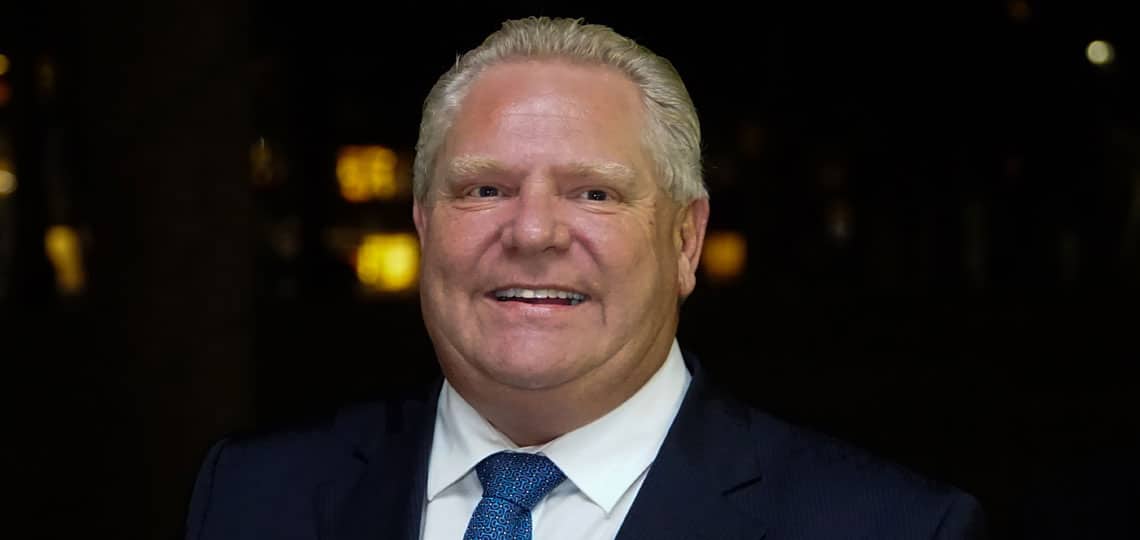2018 election was no substitute for following the law, say Ecojustice and Greenpeace Canada
TORONTO, April 1, 2019 — Premier Doug Ford’s decision to scrap the province’s cap-and-trade program without public consultation has landed his government in court today, defending a suit brought by Ecojustice lawyers on behalf of Greenpeace Canada.
The organizations filed the lawsuit to defend the public’s right to be consulted on policies that have a major impact on the environment, and seeks to have the Court prohibit the government using elections to skirt legally-required consultation.
Professor Amir Attaran, lawyer for the Ecojustice-uOttawa Environmental Law Clinic, said:
“Literally the first decision of the Ford government was to kill cap-and-trade. To do it without the necessary consultation was illegal. We launched this case to uphold Ontarians’ legal right to be consulted on major changes to regulations that affect the environment. We expect the court to affirm that the Ford government cannot refuse that obligation, even if they were basking in election euphoria. Ontarians voted for a law-abiding government, and Premier Ford must follow the law.”
Keith Stewart, Senior Energy Strategist with Greenpeace Canada, said:
“The destructive impacts of climate change-fueled storms, floods and wildfires are all around us, yet Doug Ford would have us stick our heads in the sand and pretend it’s someone else’s problem to solve. We are taking the Ford government to court to prove that their dismantling of Ontario’s climate protection plan was not only reckless, it was unlawful.”
By coincidence, April 1, 2019 is also the date during which the Federal “backstop” carbon price comes into force. Had Premier Ford not scrapped the province’s cap and trade program, Ontarians would not be subject to the federal carbon price, and would have been able to use the money raised by cap and trade for further carbon reduction incentives.
The Environmental Commission of Ontario was also eliminated on April 1.
Key facts
- On June 29, 2018, Premier Ford’s cabinet approved Ontario Regulation 386/18 which revoked the existing Cap and Trade Program regulation and gutted the operational elements of Ontario’s cap and trade program.
- This lawsuit alleges that the Minister breached his legal duty under Ontario’s Environmental Bill of Rights (EBR) to consult the public about the Regulation, illegally invoking an exception to bypass public consultation on the Regulation, claiming that the 2018 Ontario election was a process that was “substantially equivalent” to the 30-day consultation process mandated by the EBR.
About cap and trade
- Ontario’s cap and trade system aimed to lower greenhouse-gas emissions by putting caps on the amount of pollution companies in certain industries can emit. If industry exceeded those limits, they were required to improve their energy efficiency, or to buy allowances at auctions or from other companies.
- Under the Climate Change Mitigation and Low-Carbon Economy Act, money raised from Ontario’s cap and trade program was deposited into a new Greenhouse Gas Reduction Account. The account invested money in green projects and initiatives that reduce emissions, such as home energy retrofits.
About:
The University of Ottawa and Ecojustice, Canada’s largest environmental law charity, are partners in the uOttawa-Ecojustice Environmental Law Clinic, a problem-based educational learning course designed to help train the next generation of environmental law and policy leaders.

